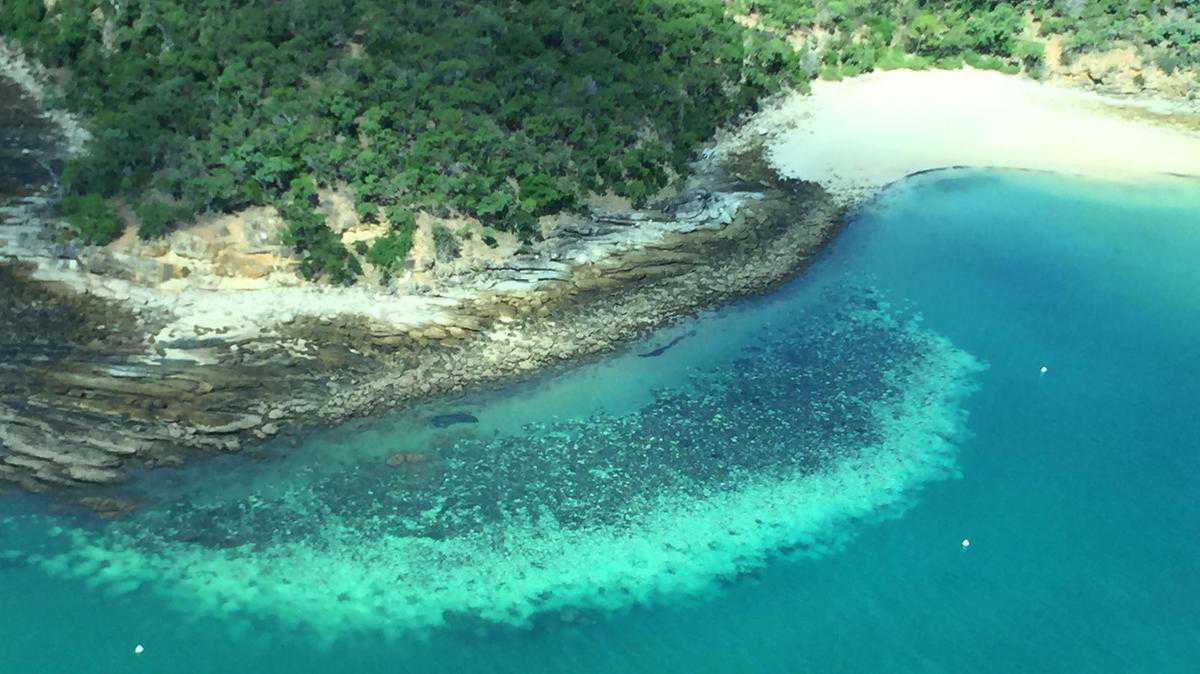There's hope for the fantastic Barrier Reef yet: New 'cloud brightening' project aims to save lots of vulnerable coral

Collected
One silver lining we've seen result from social distancing measures taken through the outbreak of Covid-19 has been the positive effect on the environment. A reduction in pollution levels and thriving wildlife are just two examples which have been noted within the UAE.
However the damage already done to this planet is widespread. The devastating impacts of global warming are particularly clear in Australia, where in fact the Great Barrier Reef, the Earth's largest coral reef system and one of the seven natural wonders of the world, is highly vulnerable.
In the past few decades, the reef has lost over fifty percent of its coral cover, pollution has caused deadly starfish outbreaks and it's endured mass coral bleaching, in line with the World Wildlife Fund.
Now, a small band of scientists hope to save it from the brink of extinction, with an ambitious new "cloud brightening" project they hope could turn into a futuristic way of protecting coral from the effects of global warming.
What's 'cloud brightening'?
The theory is to cool the waters around the reef by making clouds reflect more sunlight. Researchers used a fan, that was mounted on a boat, to shoot salt crystals in to the air.
The project's lead scientist, Daniel Harrison, from Southern Cross University in Lismore, Australia, told AFP the results from the original early-stage trial were "really, really encouraging".
If we continue on business-as-usual-type emission scenarios, then at most this technology can just buy a few extra decades
Daniel Harrison, scientist, Southern Cross University
"All of the research is theoretical ... which means this a complete world first to venture out and actually try to take seawater and turn it into these cloud condensation nuclei."
While the experiment was a success, Harrison also emphasised that at least four more years of research will be needed so as to prove the idea. Then, to have a significant impact, an experiment that's 10 times larger would need to be undertaken.
"If it works aswell as we hope then maybe we're able to decrease the bleaching stress by about 70 % ... potentially nearly each of the mortality," Harrison added.
Yet, as oceans warm further, Harrison also said the cloud-brightening technique could become less effective.
Source: https://www.thenational.ae
Tags :
Previous Story
- 'Career Fair 2019' at BUTEX held
- '6th Pharma Career Fair 2019' begins in Dhaka
- UGC plans new syllabus to help get foreign...
- Thousands job-seekers throng Bangladesh university career fair
- How to boost FDI
- A guiding light for journalism in Bangladesh
- Is politics a cool career option for youth?
- Job fair at JU Sunday